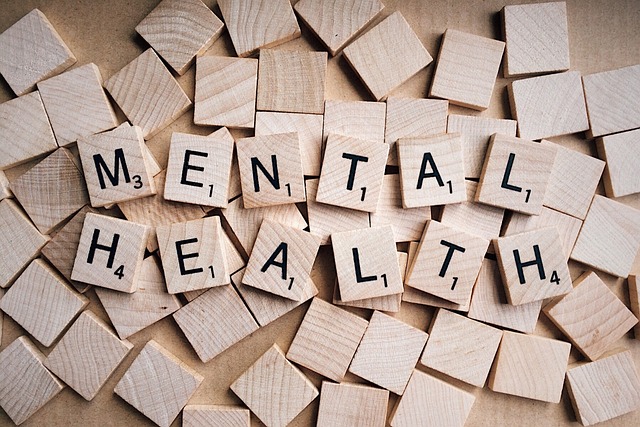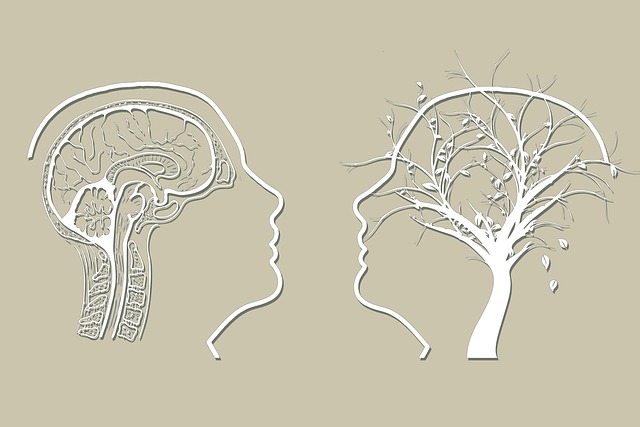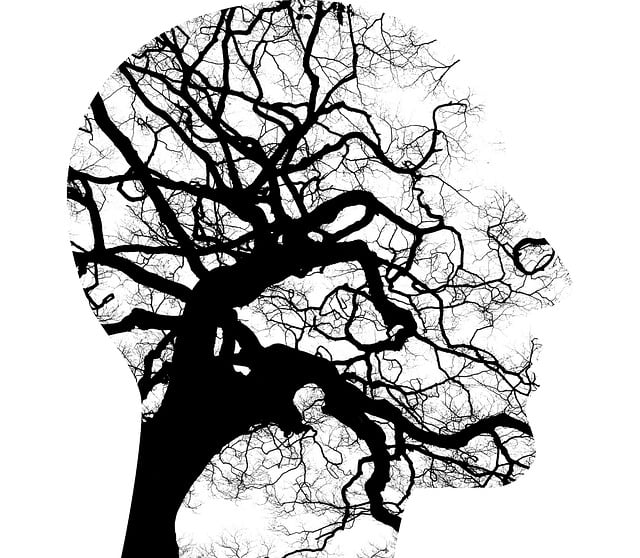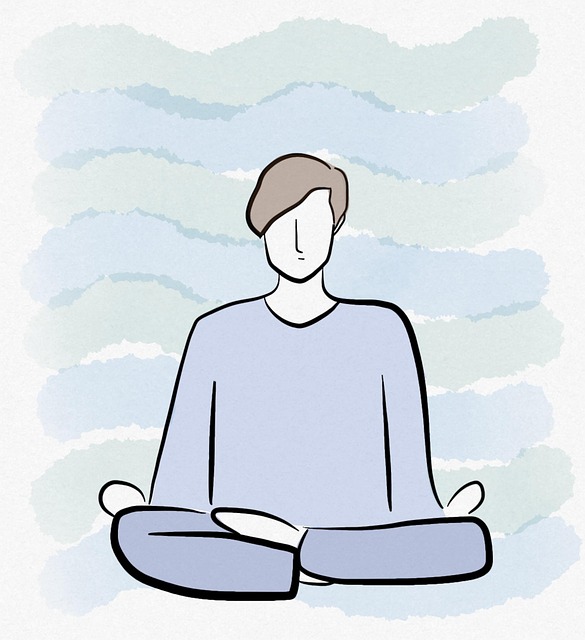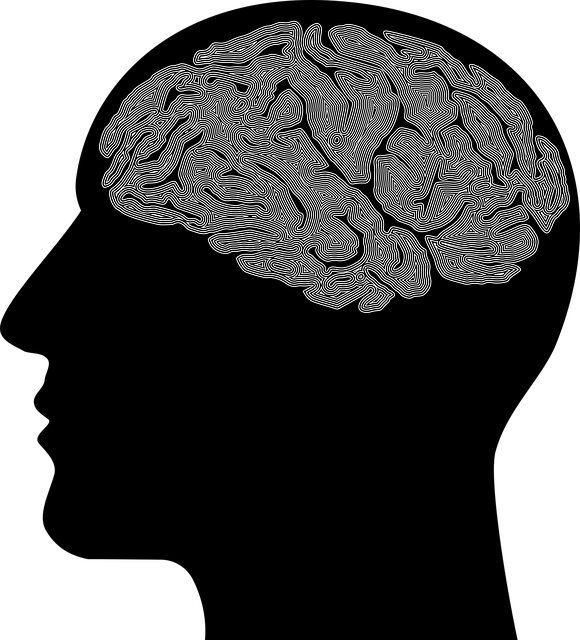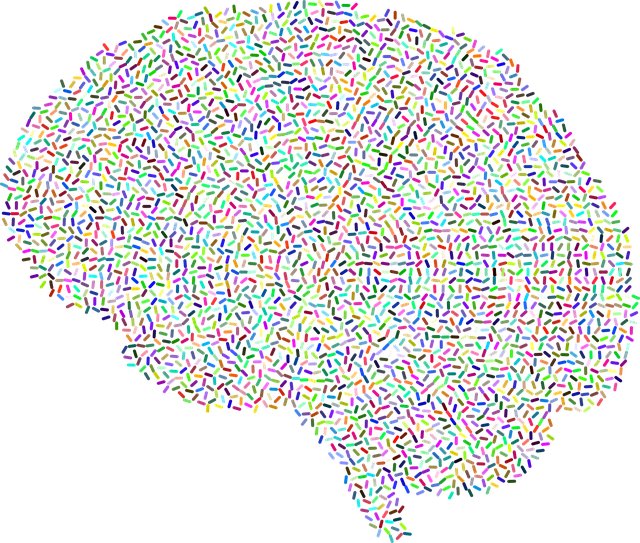Cognitive Processing Therapy (CPT) is a powerful tool for emotional development in young children, teaching them to manage moods through cognitive strategies. This therapy, alongside supportive home practices like structured routines and arts integration, fosters resilience and reduces anxiety. By combining CPT with creative arts, play, and empathy-building, we can enhance emotional intelligence and promote mental well-being in children, preventing future mental health challenges.
Mood regulation is a vital skill for children to develop, especially as they navigate their emotional landscape. This article explores effective strategies to support young minds in managing their moods and enhancing overall well-being. From understanding the significance of cognitive processing therapy (CPT) to practical tips for parents, we delve into various approaches. Discover how play, creative arts, and building resilience can contribute to a child’s emotional growth, offering long-term coping skills and a healthier mental state.
- Understanding Mood Regulation and Its Significance for Young Children
- The Role of Cognitive Processing Therapy in Managing Emotions
- Practical Strategies to Enhance Emotional Well-being at Home
- Integrating Play and Creative Arts for Therapeutic Mood Balance
- Building Resilience: Long-term Coping Skills for Kids
Understanding Mood Regulation and Its Significance for Young Children

Understanding mood regulation is crucial for fostering healthy emotional development in young children. Mood, or affect, is a complex psychological construct that reflects an individual’s internal state and influences their interactions with the world. For children, who are still developing their cognitive and emotional capabilities, effective mood regulation strategies can be transformative. These strategies help children manage and modulate their emotions, promoting positive thinking and healthy coping mechanisms.
Cognitive Processing Therapy (CPT) is a well-known therapeutic approach that focuses on just this—helping young minds make sense of their thoughts and feelings. By teaching children to identify and challenge negative or distorted thinking patterns, CPT empowers them to navigate difficult emotions and engage in healthier emotional healing processes. This early intervention can lay the foundation for strong mental health habits as they grow older, employing mind over matter principles to actively shape their mood and overall well-being.
The Role of Cognitive Processing Therapy in Managing Emotions

Cognitive Processing Therapy (CPT) is a highly effective approach for managing and regulating emotions, particularly in young children. This therapy focuses on identifying and changing negative thought patterns that can lead to intense emotional responses. By understanding and reprocessing past experiences, children learn to interpret their feelings differently, which, in turn, helps them control their emotions more effectively. CPT provides a structured framework to navigate through complex emotional landscapes, making it an excellent tool for depression prevention and building resilience.
In the context of therapy for young children, CPT offers a gentle and supportive environment where kids can explore their thoughts and feelings without judgment. Through interactive exercises and activities, they develop valuable coping strategies that enhance their ability to handle challenging situations. Additionally, this therapeutic method includes crisis intervention guidance, teaching children how to recognize early warning signs of emotional distress and respond appropriately. By empowering young individuals with these skills, CPT contributes to overall mental well-being and boosts confidence in managing their emotions.
Practical Strategies to Enhance Emotional Well-being at Home

Creating a supportive environment at home can significantly contribute to a child’s emotional well-being and mental health. Simple yet effective strategies can help young ones manage their emotions, reduce anxiety, and foster resilience. One such powerful tool is Cognitive Processing Therapy (CPT), which aids children in understanding and reframing negative thoughts. By teaching them cognitive restructuring techniques, CPT empowers kids to challenge distorted thinking patterns, thereby reducing anxious behaviors.
Additionally, incorporating structured routines, engaging in calming activities like mindfulness exercises or creative outlets, and promoting healthy sleep habits can all be part of a comprehensive approach. Social Skills Training and Empathy Building Strategies are also valuable assets, encouraging interaction with peers and nurturing a sense of belonging, further enhancing emotional intelligence and overall happiness.
Integrating Play and Creative Arts for Therapeutic Mood Balance

Integrating play and creative arts can be a powerful tool for therapists working with young children. Through engaging in activities like drawing, painting, music, and movement, children can express their emotions, process complex experiences, and develop coping strategies that promote emotional healing processes. This approach, which complements traditional Therapy for Young Children or Cognitive Processing Therapy, allows them to externalize their feelings, fostering a sense of safety and control while enhancing their cognitive abilities.
These therapeutic arts activities serve as more than just a fun distraction; they provide an avenue for children to access and regulate their emotions, thus reducing stress and anxiety levels. By tapping into their creativity, they can transform traumatic experiences or challenging emotions into something tangible and manageable. This not only aids in Mental Illness Stigma Reduction Efforts but also empowers young individuals to navigate their emotional landscapes with greater ease, potentially preventing the escalation of mental health issues.
Building Resilience: Long-term Coping Skills for Kids

Building resilience in young children is a powerful long-term strategy for managing moods and coping with life’s challenges. Cognitive Processing Therapy (CPT) is an effective approach that targets the way kids interpret and respond to their emotions, helping them develop healthier thinking patterns. By understanding and challenging negative thought processes, CPT equips children with self-awareness exercises to manage stress and regulate their mood effectively.
This therapy goes beyond short-term solutions, fostering a strong foundation for mental health policy analysis and advocacy. Through CPT, young individuals learn to identify triggers, process difficult experiences, and develop adaptive coping skills that will serve them throughout their lives. This early intervention not only improves current emotional well-being but also empowers children with the tools to navigate future challenges, ensuring better mental health outcomes.
Mood regulation is a vital skill for young children to develop, and with the right strategies, parents and caregivers can significantly support their emotional well-being. By combining therapeutic approaches like Cognitive Processing Therapy (CPT) with practical, play-based methods, we empower kids to navigate and manage their moods effectively. These techniques foster resilience, enabling children to cope with challenges long-term. Implementing these strategies at home can revolutionize how young minds process and regulate emotions, ultimately enhancing their overall mental health.


